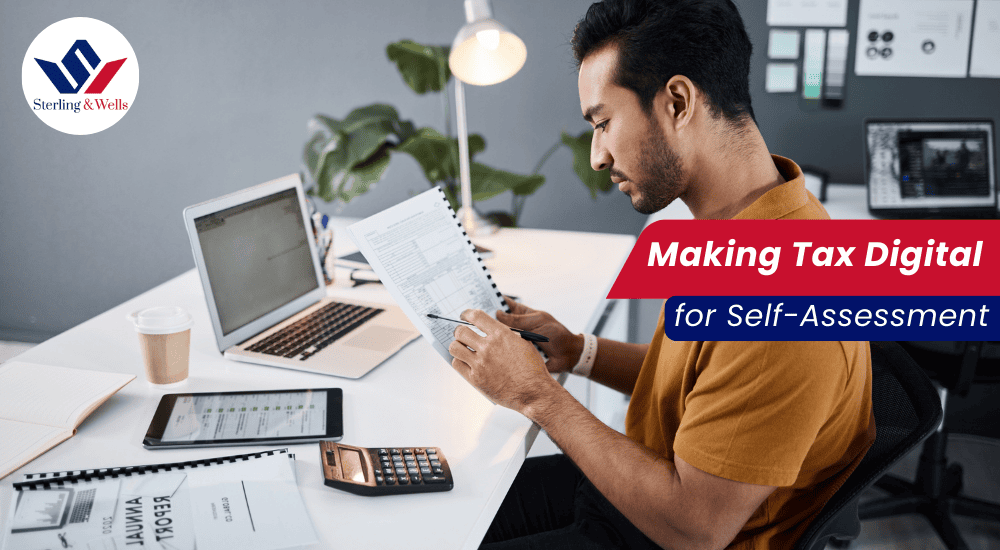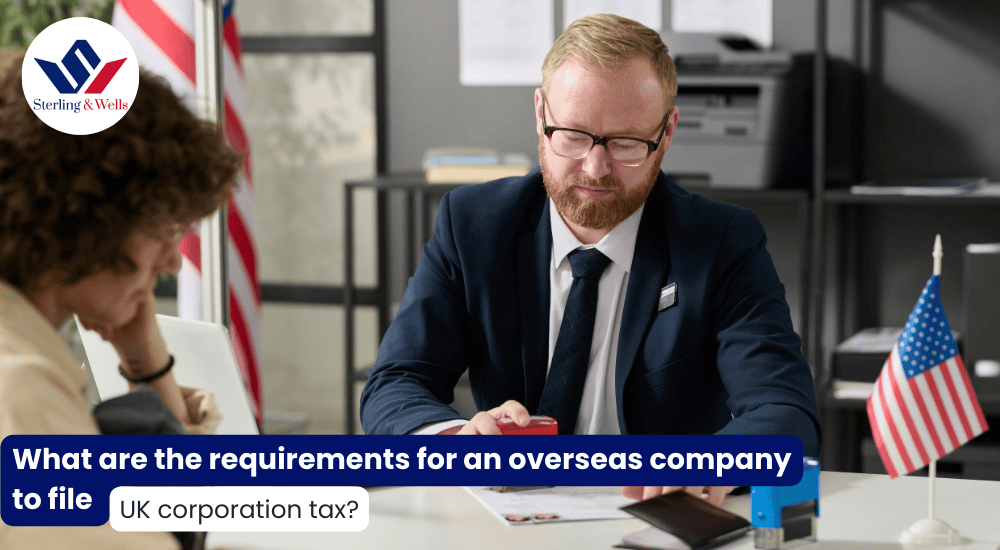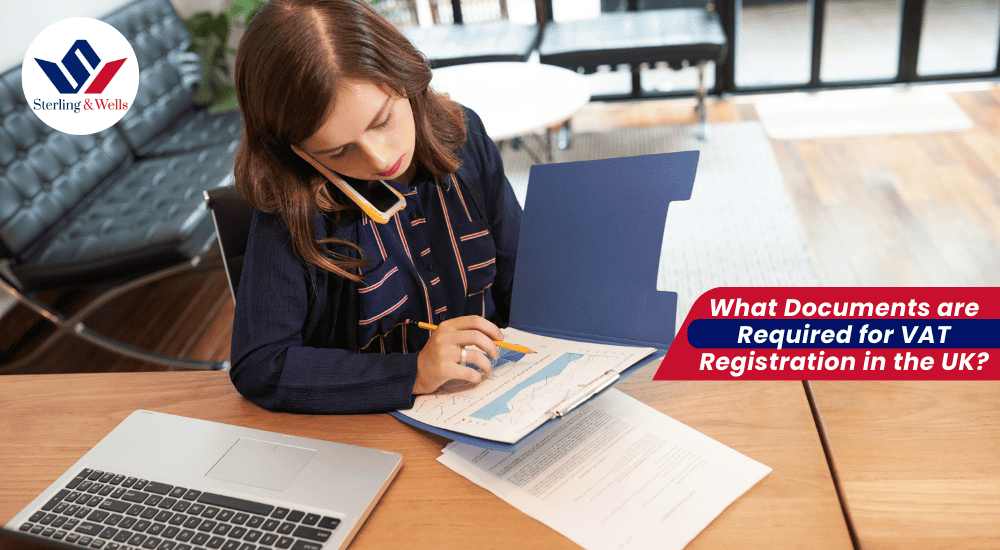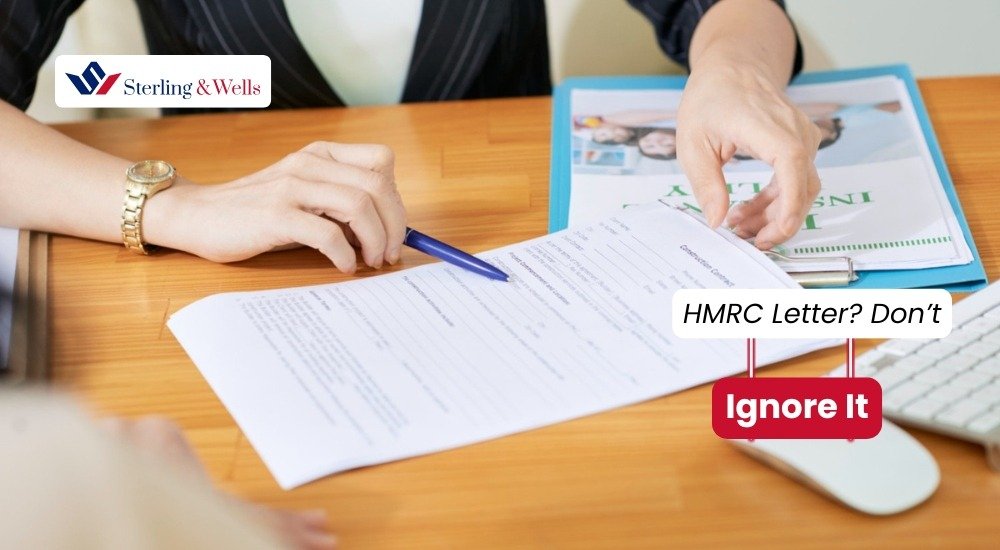Online platforms where people can sell second-hand goods or handmade products are now popular across the UK. People visit platforms such as Etsy, Vinted, and eBay because they just need some cash for items they don’t use anymore, but also to make some extra money by entrepreneurs who need a supplementary income. For many, it feels like a simpler way of earning money on items that one no longer needs.
While these platforms allow for selling, there are strong tax laws that sellers must comply with. Not being properly aware, users can get themselves into trouble with HMRC, which is now watching online trading activity much more intensely.
HMRC’s Greater Access to Online Data
Since 2025, HMRC has started receiving more advanced sales information directly from online platforms. This includes information of individuals who have registered over 30 sales per annum or those who earned around £1,700 per annum by making online sales. The information is compared to existing tax records to identify undeclared income.
Sellers earning over the £1,000 annual trading allowance are most vulnerable. Those who fail to report this income will be issued with reminders, tax questions, or, in extreme cases, penalties and investigation. While most sellers will hope that off-the-books activity remains undiscovered, HMRC’s new data collection ways mean it is now more straightforward than ever to monitor internet profits, whether you are an overseas seller or selling from within the UK.
Who Needs to File a Self-Assessment
Not everyone selling on Internet sites will be required to complete a Self-Assessment tax return. Generally, those selling second-hand goods at a loss, i.e., used clothes or furniture, will not need to pay tax. The critical factor is whether the seller is earning over £1,000 in a tax year or trading in the expectation of making a profit.
Those selling goods, producing items for resale, or providing services via websites are likely to fall within the reporting requirement. Similarly, those who make sales in addition to other types of income, for example, freelancing or short-term rentals, should take a moment to think about whether they need to register for Self-Assessment.
Importance of Keeping Accurate Records
One of the greatest challenges for the casual seller is keeping track of earnings along with the frantic cycle of posting, packaging, and listing items. Without accurate records, it’s hard to know about things like whether or not trading allowance has been exceeded or how VAT applies to the seller.
It is also recommended that sellers keep detailed books of their sales, the volume of sales made, and money received. Additionally, it is recommended to record corresponding expenses in regards to packaging, postage, and couriers’ fees because these, in certain situations, can be claimed when filing a tax return.
Reassurance for Casual Sellers
While HMRC’s scrutiny may strike fear, regular users who are simply selling second-hand personal items for less than they originally cost have nothing to worry. Sites themselves have said that it doesn’t always mean tax is owing if it is being shared with HMRC. It simply ensures sellers earning more than the threshold are being more transparent about reporting.
For those approaching the threshold, it is advisable to plan ahead. Reviewing transaction records and keeping records of costs can prevent last-minute panic and minimise the chances of penalties.
Conclusion
The rise in popularity of online selling has blurred the lines between casual decluttering and side hustles that are genuine taxable income. Now that HMRC is tapping directly into sites for sales data, sellers need to know more than ever about their responsibilities.
By maintaining good records, being mindful of the trading allowance, and reporting income where required, users can keep on enjoying these platforms without the worry of incurring sudden tax penalties. Forethought and awareness are the best means to remain within the law and avoid HMRC scrutiny.






